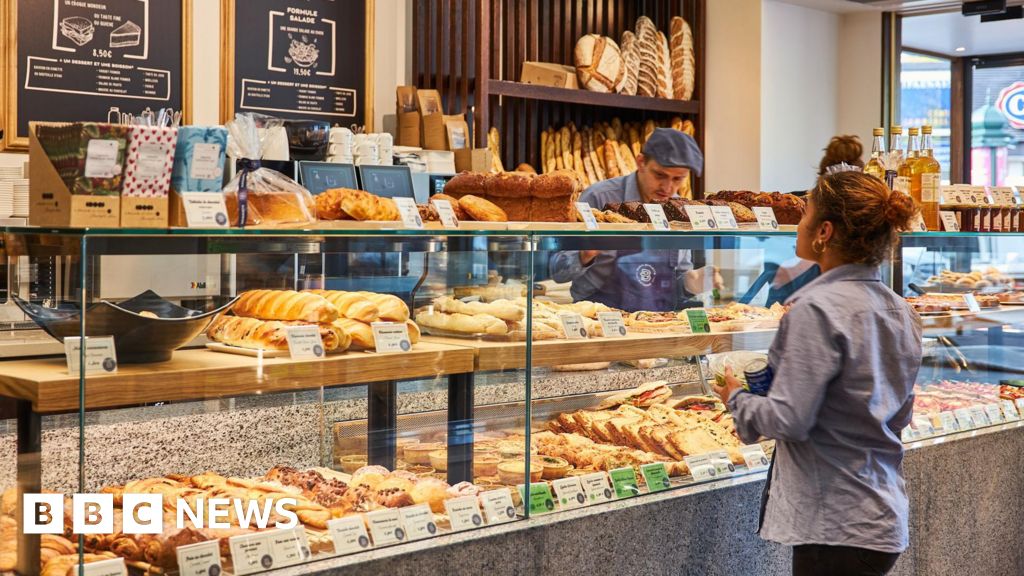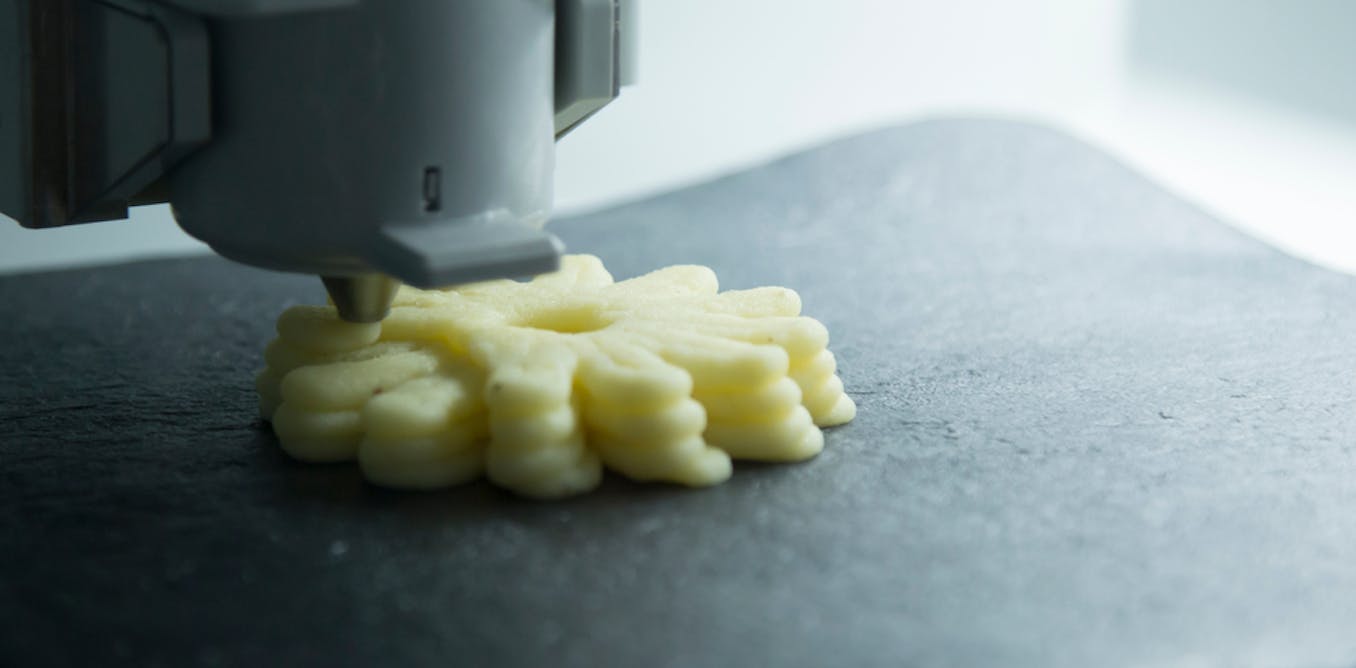The Korean Bakery Chain Challenging French Tradition with Global Flavors

In the bustling malls of Singapore, the fragrant aroma of freshly baked goods is an irresistible draw for shoppers. Amid the long lines of eager customers standing at counters laden with a variety of pastries and breads, one name stands out: Paris Baguette. This Korean bakery chain has carved a niche in the competitive landscape of baked goods, offering a unique blend of flavors while boldly asserting that croissants, and indeed any baked items, do not have to be exclusively French.
Paris Baguette’s outlets are designed to evoke a Parisian café atmosphere, complete with decor featuring the colors of the French flag and signage showcasing the iconic Eiffel Tower. However, the brand proudly identifies itself as 100% Korean. Jin-soo Hur, the president and chief executive officer of SPC Group, which owns Paris Baguette, explains, “I wouldn’t limit our bread to everything from France. We are an international brand. Like croissants, could you say this is a European product? I would say it’s a universal product.” This philosophy reflects the brand’s ethos of embracing culinary diversity and innovation.
SPC Group has a rich history, tracing its roots back to a modest family-owned bakery that was established 80 years ago. Today, it stands as a major player in the mass production of bread and pastries in South Korea, employing approximately 20,000 people across its various brands. Last year, SPC reported impressive sales figures, hitting $5.6 billion (£4.26 billion). The launch of Paris Baguette in 1988 marked a significant milestone as it became the first Korean bakery to open an international store in China, a market where it continues to thrive. Currently, the chain boasts approximately 4,000 stores in 14 countries, spanning continents from Asia to Europe and North America.
Looking ahead, Paris Baguette has ambitious plans for international expansion, with a target of launching over 1,000 new branches worldwide by 2030, many of which will be located in the United States. The company is in the process of establishing its largest overseas production facility in Texas, expected to be operational by 2027. This plant will cater not only to the U.S. but also to Canada and Latin America, marking a strategic move to capture the American market—a goal that Hur identifies as critical for the brand's international success.
Sport plays a crucial role in Paris Baguette’s strategy for brand promotion, highlighted by its partnership with the English Premier League football club, Tottenham Hotspur. Previously, the bakery had a similar collaboration with France’s Paris Saint-Germain, providing fans with its baked products and desserts on match days. Hur remarks, “I think food is culture. Sports brings a lot of people into the stadium, and there’s always good vibes in London.” The connection to Tottenham is particularly significant as the team’s captain, Son Heung-min, is also the captain of South Korea’s national football team and recently led Spurs to victory in the Europa League, ending the club's 17-year trophy drought.
As the company expands, it adapts to the changing preferences of consumers. Hur notes that workers are not always enthusiastic about the early hours required for traditional dough preparation. To streamline operations, Paris Baguette utilizes a system of delivering frozen dough to its franchises worldwide, which not only boosts efficiency but also extends the shelf life of its products. With urbanization rapidly transforming lifestyles in Asia, the demand for convenient, on-the-go food options is on the rise. While the region is rich in baked goods, Paris Baguette is also innovating by incorporating Asian-inspired flavors, offering unique items such as pandan, durian, salted egg, red bean, and matcha-filled croissants and pastries.
In its effort to cater to diverse markets, the chain has established a halal-certified plant in Malaysia to supply customers in Southeast Asia and the Middle East. The global fascination with Korean culture, known as “K-mania,” has opened doors for Asian bakeries to thrive internationally. Experts suggest that the popularity of Korean and Japanese culture worldwide may encourage consumers to explore and embrace these unique flavors. Saveria Busato, a pastry and bakery chef at the Culinary Institute of America in Singapore, shared her experience after visiting Italy, where she observed a surge in Asian bakery and pastry shops. She expressed her delight at seeing local Italians exploring these culinary offerings.
However, the reliance on frozen dough has sparked a debate about quality. Chef Busato conducted a blind taste test, examining a croissant made from frozen dough and critiquing its texture and flavor. “This is quite bad. There is no honeycomb inside; it’s totally hollow,” he noted, highlighting the challenges of maintaining artisanal quality in mass production.
Despite these concerns, Chef Busato acknowledged that it may not be feasible for larger operations to adhere to artisanal standards. When tasting a Korean milk bread—characterized by its fluffy texture and creamy filling—he remarked, “It’s fantastic. It’s very good. The smell of milk is nice. It’s fluffy and refreshing... It reminds me of a snack I used to bring to school.” This positive assessment suggests that while frozen dough presents challenges, there is still significant potential for Asian baked goods in global markets.




























